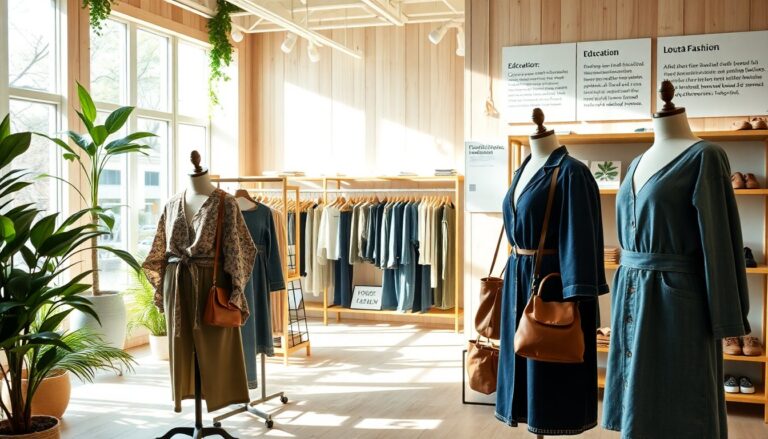Argomenti trattati
The evolving landscape of eco-conscious fashion
As awareness of environmental issues grows, sustainable fashion has transitioned from a mere trend to a crucial movement. Designers such as Stella McCartney have led the charge, demonstrating that style and sustainability can thrive together. The incorporation of recycled materials and ethical production processes is increasingly prevalent, urging consumers to select brands that prioritize environmental stewardship.
Embracing mindful consumption
In today’s market, consumers exhibit heightened discernment. The surge in minimalism and the adoption of a capsule wardrobe illustrate a pivot towards valuing quality over quantity. By choosing timeless pieces and supporting local artisans, individuals can effectively minimize their ecological footprint. This intentional approach not only nurtures a deeper connection to fashion but also encourages a more sustainable lifestyle.
The intersection of culture and sustainability in lifestyle choices
Sustainability extends beyond fashion; it influences our entire way of living. From adopting plant-based diets to choosing eco-friendly home decor, cultural shifts are increasingly apparent. The slow food movement emphasizes the importance of local, organic produce, while practices like zero waste living are becoming more popular. These movements highlight the significance of individual choices, reinforcing our collective responsibility towards the planet.
Technology’s role in sustainable living
Innovation plays a crucial role in advancing sustainability. Technologies such as 3D printing and biodegradable fabrics are revolutionizing how products are designed and produced. For instance, brands like Adidas are experimenting with recycled ocean plastic, demonstrating how creative solutions can drive positive environmental change. By embracing these advancements, consumers can actively contribute to a more sustainable future.
Future trends: where sustainability meets style
As we look to the future, the integration of style and sustainability is set to intensify. The demand for transparent supply chains and eco-labels is expected to rise, empowering consumers to make informed decisions. Additionally, as younger generations increasingly prioritize social and environmental responsibility, brands must adapt by embedding sustainability into their core identity to remain relevant.

